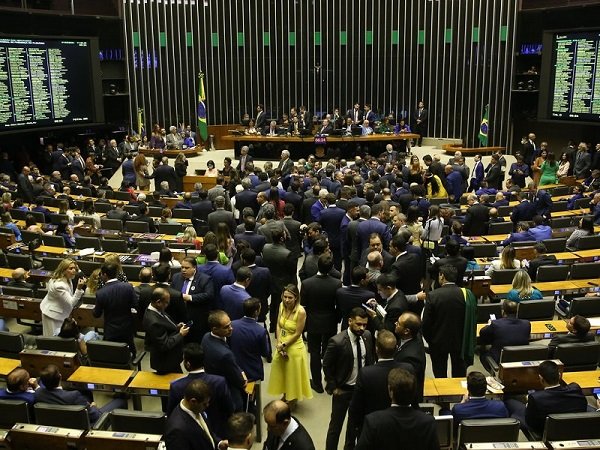The national mobilization in response to the tragedy caused by heavy rains in Rio Grande do Sul has been characterized by a series of measures announced by the government, National Congress, and other federal entities in support of the local population. This set of actions includes the approval of a calamity decree to speed up the sending of resources to the state, the allocation of R$1.06 billion in parliamentary amendments, and initiatives aimed at affected residents, such as the suspension of debt collection.
This Content Is Only For Subscribers
To unlock this content, subscribe to INTERLIRA Reports.
Suspension of Charges
The payment grace period for those who have disputes with the Union was announced by the Attorney General’s Office of the National Treasury (PGFN), which suspended for 90 days the collection of installments of debts renegotiated by state taxpayers. The measure applies to people, companies, and municipalities in the state.
Billionaire Transfer
Around R$1.06 billion in parliamentary amendments should be released in the coming days for the municipalities in Rio Grande do Sul affected by the floods. According to the government, R$580 million has already been sent and another R$480 million will be released after changes to the Budget Guidelines Law (LDO), according to the Minister of Institutional Relations, Alexandre Padilha.
Calamity Decree
On Tuesday (07/05), the Federal Senate approved the decree recognizing the state of calamity in Rio Grande do Sul, the last step for the measure to be enacted. The measure approves for the Legislature to transfer funds to flooded regions without having to comply with fiscal rules.
Line of Credit for Municipalities
The government and the National Congress are also preparing a special line of credit for the reconstruction of houses affected by the rains, said Finance Minister Fernando Haddad. The minister and the president of the Senate, Rodrigo Pacheco, also talked about suspending Rio Grande do Sul’s debts to the Union, totaling R$3.5 billion.
Energy Import
The import of electricity from Uruguay in the order of R$3.2 million per day was authorized.
Analysis:
The national mobilization in response to the tragedy of heavy rains in Rio Grande do Sul reflects the urgency of necessary measures to support the affected population and begin recovery efforts. The response from the Federal Government, National Congress, and other federal entities is multifaceted and covers several aspects, from the approval of calamity decrees to the allocation of significant financial resources.
The approval of the calamity decree is a crucial step, as it allows greater flexibility in the management of public resources, especially regarding the transfer of funds to affected regions, without the need to immediately comply with fiscal rules. This can accelerate the reconstruction and assistance processes for affected communities.
Furthermore, authorization to import energy from Uruguay suggests a proactive response to guarantee energy supply and mitigate the impacts of floods on regional electrical infrastructure. These measures demonstrate a comprehensive and coordinated approach to addressing the challenges arising from the tragedy and providing effective support to the affected population.




